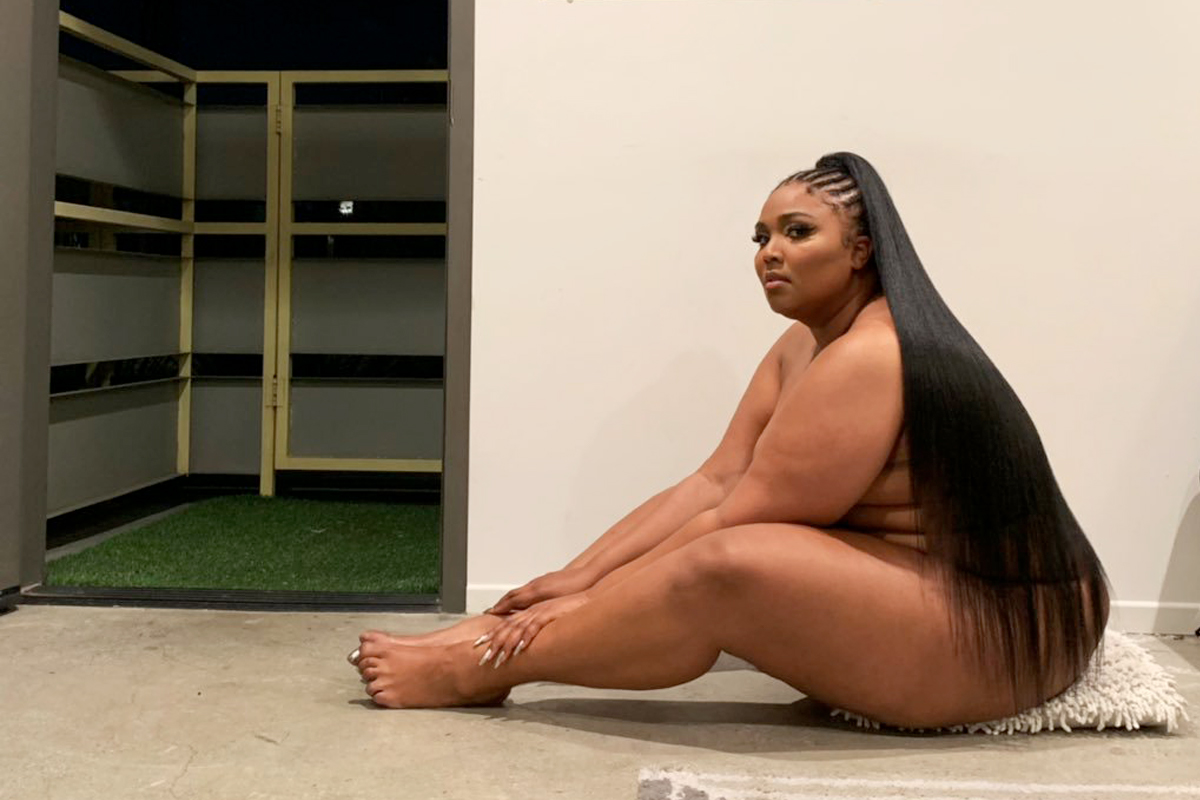
Believe Lizzo, Being Fat Is Normal
Make body positivity normative (again).
Body positivity is a tricky term. By definition, it should challenge unhealthy beauty canon and represent different body types to make us comfortable in our own skin. As noticed by Lizzo, who has just become “the first big black woman” on the Vogue cover, the term can become problematic for several reasons.
Firstly, it is vague and not inclusive. When does ‘normal’ stop and ‘body positive’ start? The singer blames social media. With the hashtag taken over by “smaller-framed” or “curvier girls,” Lizzo wonders where are “girls with back fat, girls with bellies that hang, girls with thighs that aren’t separated,” and generally, “girls who are in the 18-plus club,” as they should benefit from the movement in the first place. Commercialization of the term twists the original concept.
Second, it is not intersectional. In the Vogue interview, the vocalist expresses her frustration with the movement being dominated by white girls. Even if they’re more or less curvy, they still fit into the canon somehow because they’re white. That’s why Lizzo dedicates her cover to “all black girls,” showing that beauty comes not only in all sizes but also, all colors.
Lastly, even if body positivity features different shapes, it doesn’t normalize being fat. Quite the opposite, it characterizes fat bodies as odd, nonnatural and, essentially, out of the norm. The performer claims that the trend feels “lazy” because it’s easier to see herself as body positive rather than fully normalize her body. “I would like to be body-normative,” Lizzo told Vogue.
“Being fat is normal,” she adds, shifting the direction of public debate on body image. Body normativity instead of body positivity? We stan. But if you feel uncomfortable about it, it’s ok too. As Lizzo claims, “Change is always uncomfortable.” Preach.
Next Up, The Best Fashion Moments In Beyonce’s ‘Black Is King’











